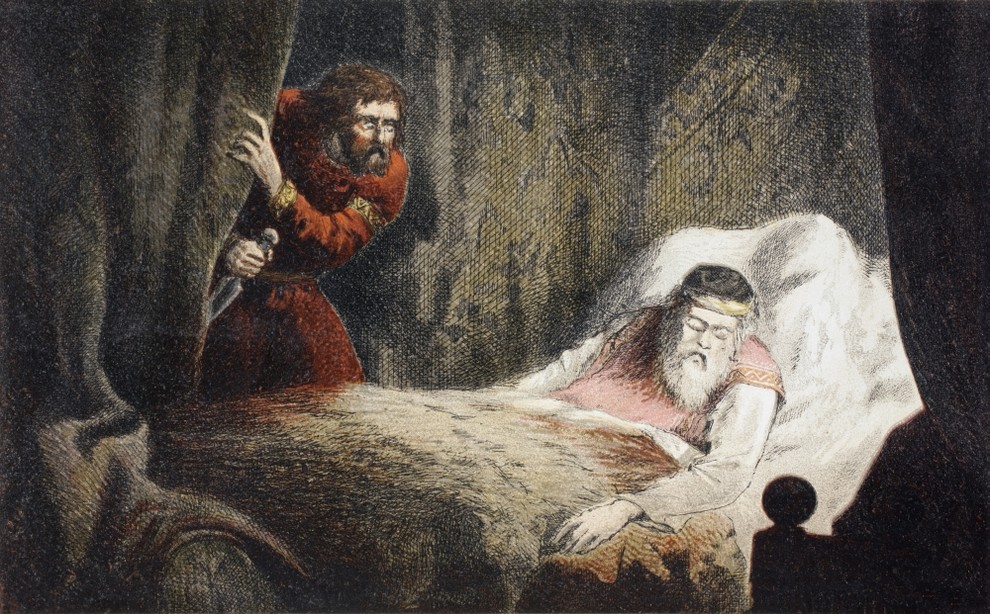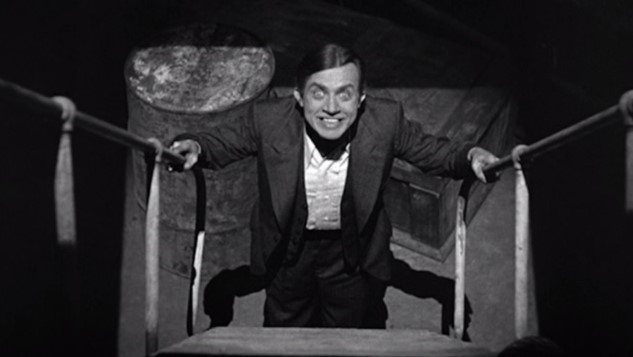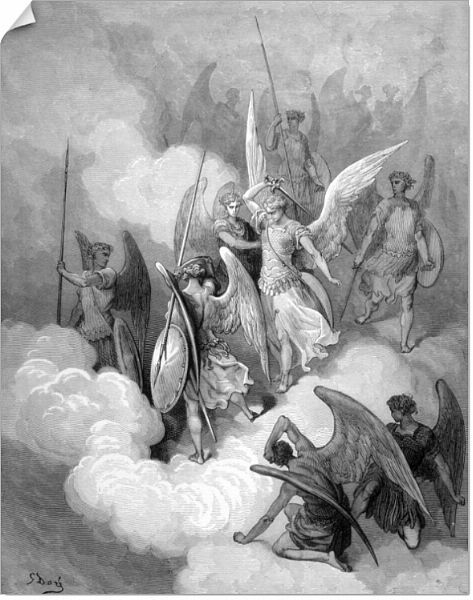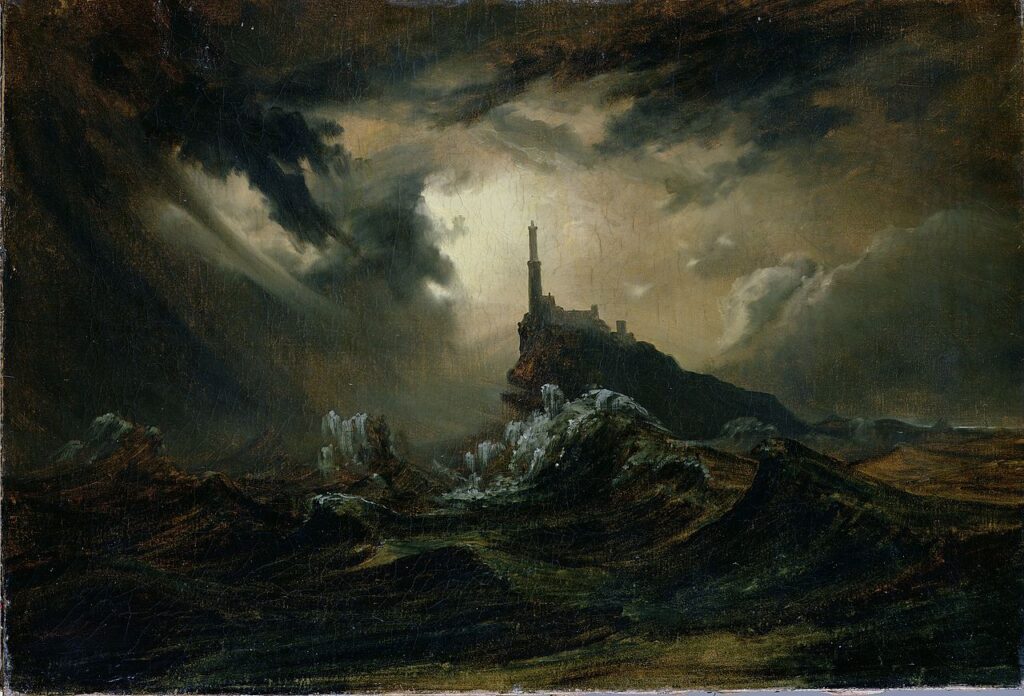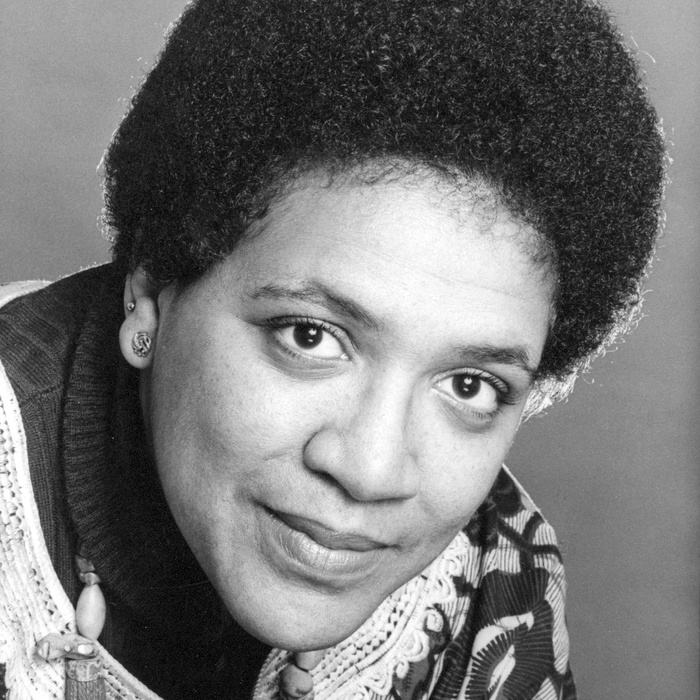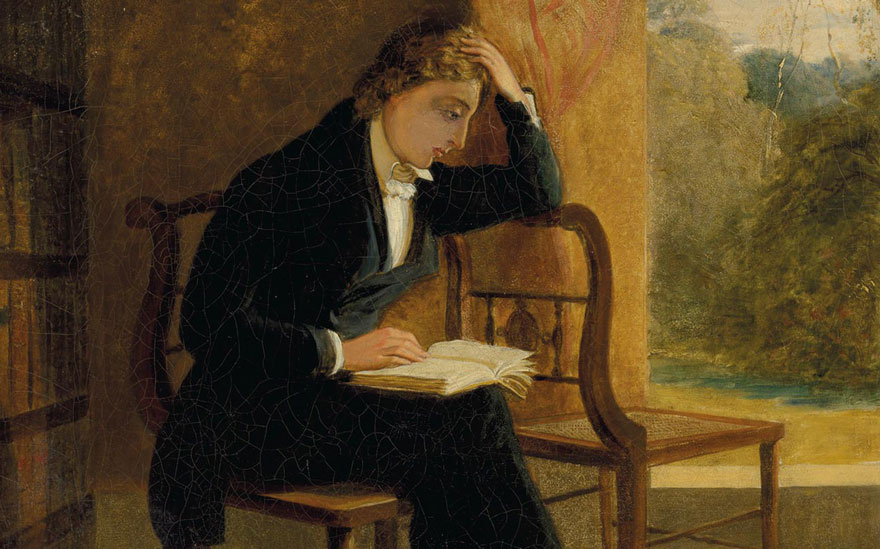Wednesday
Washington Post satirist Alexandra Petri periodically hits her column out of the park, and she did so again recently when lashing the mainstream media for going soft on GOP extremism. In her introduction to the piece, she set forth two ways that news organizations approach politics. Although they sometimes “write headlines and tweets that describe events in a straightforward way,” too often they don’t:
At other times, for instance when describing Kanye West’s threat to “go death con 3 on Jewish people” as “alleged anti-semitic remarks,” or an incident where a police officer kills someone as an “officer-involved shooting,” they use another, alternative style that makes it very difficult to tell what has actually happened.
Petri then proceeds to imagine how this second approach would have handled Macbeth’s bloody rise to power. She sets the tone with an imagined headline:
King Duncan Perishes in Macbeth-involved Incident
What follows is in the same vein:
Shortly before the king’s demise, Thane of Cawdor Macbeth and his wife came under attack for alleged anti-Duncan remarks about “murther” and the need to “stop up the access and passage to remorse.” Critics of the Macbeths, known for their fiery, controversial rhetoric, linked these remarks to Duncan’s death hours later in Macbeth’s castle; others noted that it was a sign of creeping censorship to want to stop Mr. and Mrs. Macbeth from saying exactly what was on their mind.
Margaret Sullivan, former media columnist for the Washington Post, penned a recent column discussing how journalism must start reporting political news in a new way. As Sullivan observes that, during the rise of Donald Trump,
Too many times, we acted as his stenographers or megaphones. Too often, we failed to refer to his many falsehoods as lies. It took too long to stop believing that, whenever he calmed down for a moment, he was becoming “presidential.” And it took too long to moderate our instinct to give equal weight to both sides, even when one side was using misinformation for political gain.
After all, if the whole purpose of journalism is to uncover the truth, one can’t stop with what political actors claim to be the truth.
In her column, Petri moves on to Shakespeare’s witches and, in doing so, gets into the distinction between positive and normative statements. The difference is between what is vs. what should be:
Three purported witches, from whom Macbeth has yet to distance himself, also made what their critics called inflammatory remarks about Macbeth being king hereafter. The women claimed that their statements were positive, not normative, and that this was a case of listener interpretation.
Don’t blame us for predicting what will happen, in other words. We’re just telling what the future will be, not saying that it would be a good thing. That’s on you.
In Trump’s case, there’s no difference: what he claims as fact and how he believes the world should be are one and the same. He only hears what he wants to hear and makes that his reality.
The column gets better. Too avoid sounding too definite, thereby alienating potential subscribers amongst Macbeth’s supporters, Petri’s hypothetical newspaper account never clearly recounts what actually happened:
Firebrand Macbeth, who did indeed become king after Duncan’s demise in the incident — in which Duncan’s sleeping body repeatedly made aggressive contact with a dagger in Macbeth’s possession in what critics described as a “stabbing position” — waded deeper into controversy as his reign continued. Macbeth and Mrs. Macbeth announced they were launching a thorough internal review of the incident that led to Duncan’s death; the two ultimately faulted his guards for allowing his body to launch itself at a dagger in such a hostile, threatening manner. After this review, the guards also ceased to be alive in what critics again called a Macbeth-involved incident.
After the January 6 Congressional hearings, only an idiot would fail to see that Trump instigated the Capitol attack (not to mention all the other things he did in his attempt to retain power). One would also have to be an idiot not to see Macbeth as the driving force behind Banquo’s assassination. Unfortunately, too often the media, by bending over backward to be fair, plays the role of idiot. The language of Petri’s Banquo reportage sounds only too familiar. In the following two paragraphs, we see first the attack and then the Trumpian pushback:
Additionally, Macbeth’s former colleague Banquo perished in a hired-assassin-related incident, leading some critics of the king to lay the violence at his feet, calling it “a direct consequence of his rhetoric.” Indeed, in purported anti-Banquo remarks that critics labeled “asking a hired assassin to murder Banquo and his son Fleance for money,” Macbeth expressed the controversial opinion that the murderers should kill both men and that he would pay them for doing so.
Mrs. Macbeth pushed back against these allegations, telling critics to “go at once” and wondering why so much attention was paid to Macbeth’s allegedly inciting remarks and so little was paid to those critics who, for instance, said that his borrowed robes hung upon him “like giant’s robe upon a dwarfish thief,” or called him a “tyrant,” a remark she called dangerously incendiary.
Lady Macbeth here is using “both-siderism” to distract and deflect critics. One version of her approach has been characterized as “deny, deflect, distance, deride,” with that last verb marking the shift from defense to offense. I’m not the racist, you’re the racist.
And then there’s the “I was only being metaphorical” defense, which is how Petri concludes her column. On Thursday, I wondered how quickly Trump confederate Roger Stone would start using that defense after being caught on camera (this immediately before election day) saying the following:
Fuck the voting, let’s get right to the violence. We’ll have to start smashing pumpkins, if you know what I mean.
Another Trump confederate, Steve Bannon, also used metaphorical language on the eve of January 6 that could (by biased sources) that he might attempt to use as an escape hatch:
All hell is going to break loose tomorrow. Just understand this: All hell is going to break loose tomorrow. It’s going to be moving. It’s going to be quick.
And:
It’s all converging, and now we’re on the point of attack tomorrow. … And all I can say is: Strap in. You have made this happen, and tomorrow it’s game day.”
And then there was Trump’s own tweet: “Big protest in D.C. on January 6th. Be there, will be wild!”
That Macbeth’s language is more direct than these calls to action wouldn’t prevent his defenders from using the same defense, Petri notes. Again, she points first to accusations from critics, then to the defense:
Macbeth’s detractors criticized his statement that “I am in blood stepped in so far that should I wade no more, returning were as tedious as go o’er,” as “obviously, the words of a murderer; you do not have normal people just rambling about how far they have stepped into blood.” Macbeth responded that they were a “metaphor.” Defenders of Macbeth noted that they were “not only a metaphor but in exquisite iambic pentameter.”
Petri’s satire works particularly well for her purposes because the Macbeths are noteworthy for how direct and explicit they are, making any defense of their actions difficult. They announce their plans to kill and then go kill. She would have gotten closer to Donald Trump’s actual M.O. if she’d turned to a different Shakespearean king, say Henry IV. We know from Trump’s former fixer Michael Cohen how Trump conveys his orders through hints (thereby providing him with plausible deniability), and it is through such a hint that Henry achieves the assassination of Richard II:
EXTON Didst thou not mark the king, what words he spake,
‘Have I no friend will rid me of this living fear?’
Was it not so?Servant These were his very words.
EXTON ‘Have I no friend?’ quoth he: he spake it twice,
And urged it twice together, did he not?Servant He did.
EXTON And speaking it, he wistly look’d on me,
And who should say, ‘I would thou wert the man
That would divorce this terror from my heart’;
Meaning the king at Pomfret. Come, let’s go:
I am the king’s friend, and will rid his foe.
After the deed is done, however, Henry, like Trump, pleads his innocence and banishes Exton. After all, the nobleman is now an encumbrance:
HENRY Exton, I thank thee not; for thou hast wrought
A deed of slander with thy fatal hand
Upon my head and all this famous land.EXTON From your own mouth, my lord, did I this deed.
HENRY BOLINGBROKE They love not poison that do poison need,
Nor do I thee: though I did wish him dead,
I hate the murderer, love him murdered.
The guilt of conscience take thou for thy labor,
But neither my good word nor princely favor:
With Cain go wander through shades of night,
And never show thy head by day nor light.
Trump will similarly throw former supporters under the bus when doing so suits his needs. Always he is an innocent, not to mention a poor, abused victim.
